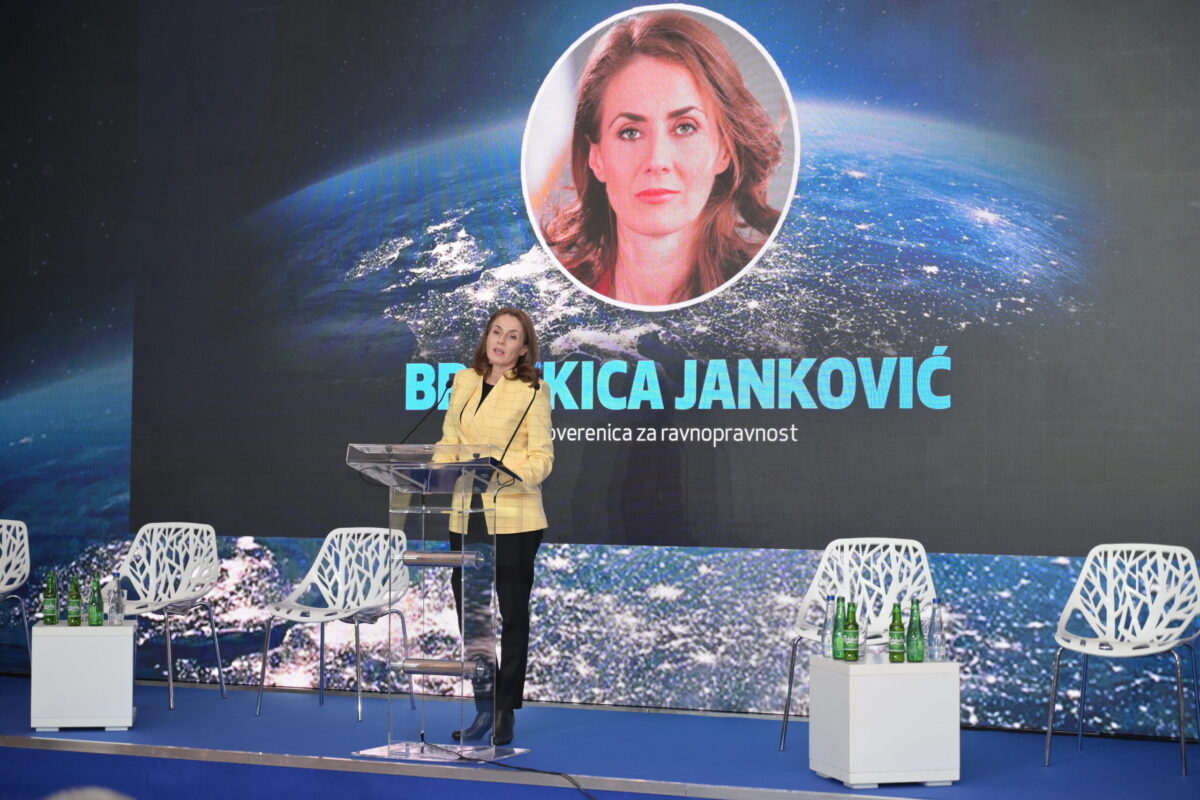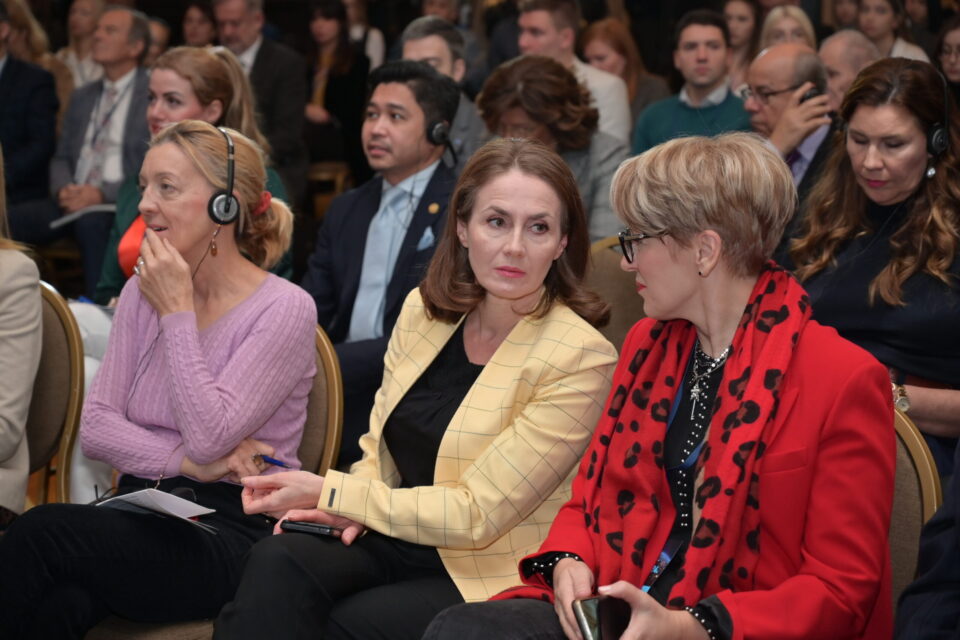
Looking the current global affairs, one could say that the quote by Vladimir Ilyich Lenin that sometimes nothing happens for decades, but that sometimes decades can happen in weeks has never been more relevant. Despite the diverse nature of challenges that the series of crises we are currently going through have brought about, they have one thing in common: they strike most of those in an already disadvantaged position, and they make it clear that what seems to be different forms of new normalities seldom contribute to resolving old inequalities. While in front of our eyes, the future is unfolding in the form of generative AI development, which has shaken the foundations of social relations worldwide, we fail to see that women are living a “Back to the Future” scenario. More specifically, it seems that in parallel and equally quickly as technology, an environment in which women can be discriminated against or struck by violence is developing, while the innovations aimed at the protection of women lag behind and remain at the bottom of the priority list of tech giants. At the same time, the dark movements advocating abortion prevention are making a comeback.
We should not and cannot forget the issue of gender equality as a factor of social and economic development
A recent report by the World Economic Forum on the gender gap has shown that no country has been able to strike a perfect gender balance. However, the nine best-ranked countries, of which as many as five are in the Scandinavian and Baltic region (Island, Norway, Finland, Sweden, and Lithuania, along with New Zealand, Germany, Nicaragua, and Namibia), have bridged that gap to a great extent. The same report ranks Serbia second in the region, behind Albania, and 38th overall. According to some estimates, it would take 162 years to bridge the gap in the field of political empowerment, 196 years for economic participation and opportunities and 16 years to bridge the gap in education. Of course, we should not and cannot forget the issue of gender equality as a factor of social and economic development. The World Bank estimates economy value of gender inequality on global level at 160.2 billion dollars, which is a staggering number. I could provide a prognosis for the coming year, which is not optimistic, yet I allow myself to enter the new year expecting a positive outcome, because women have not yet had the chance to put their true capacities on full display and as the less than extremely popular Jens Stoltenberg has said, Norway has not flourished due to oil and gas but because of its women. I believe this can be applied elsewhere as well.
